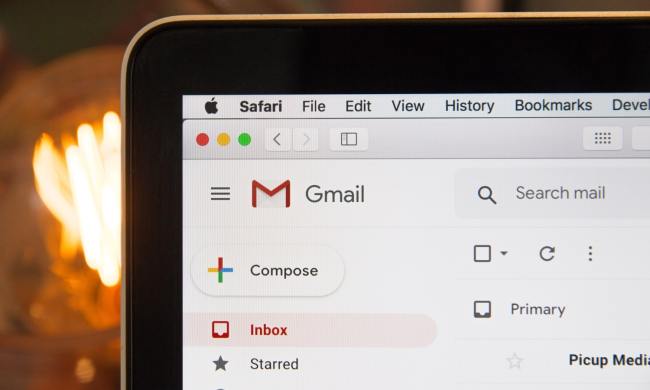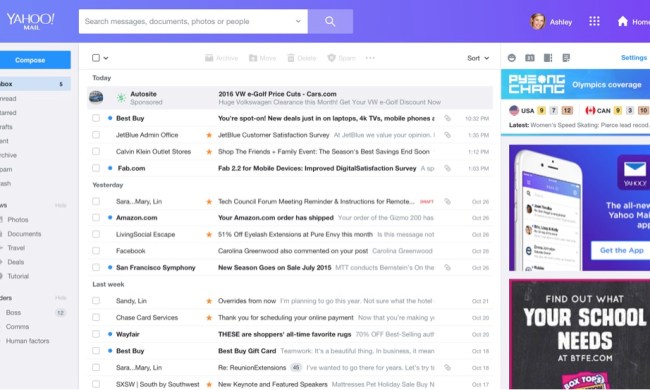I admit, I’ve always viewed “social networks” as more as a token phrase for the new and naive in Internet business than anything else, given that communities have existed and thrived online long before the first profile page was hammered out on Facebook or MySpace. Media and business both seem very quick to believe that these online platforms are the end-all means that people will engage, and worse, that we as a user base won’t evolve to other forms of interaction.
This kind of narrow mindset isn’t much different than how others once believed the paddle boat would never be replaced by the steam ship, or that we would forever rely on the floppy disc to store information. We all know the end of the story in both of those situations. What surprises me is how few people are thinking about what’s going to happen next, and more importantly, planning ahead for it.
The next phase in "Web 2.0" will have little to do with community and everything to do with media and entertainment, and this will reshape the market as we know it. Up until this year, both entities had little to do with the web – media was still fighting to hang onto its print components, and entertainment still focused on selling seats in movie theaters. Both have finally figured out that it’s a losing battle and are quickly making moves to establish online presence and distribution.
What this means for social networks is increased competition of passive entertainment, and worse, by fierce competitors with deep pockets and giant resources that many existing Internet companies may not have. The only advantage is that entertainment and media are still relatively clueless on how to succeed online and ultimately, may never learn how to make it happen. In order to compete, however, existing social networks and online companies need to think about – and position for – what’s ahead.
Unfortunately, everybody seems focused on the past or the present (including large players), and developing around it instead. If they weren’t, we wouldn’t be hearing about new social networks or companies toting the community mantra, but more creative ideas that 1. Play into the entertainment/media trend or 2. Provide some kind of service or solution to either market. Instead, we’ll see lots of failures and fade-away in the coming year, which is too bad because the opportunities at the moment are truly endless.


